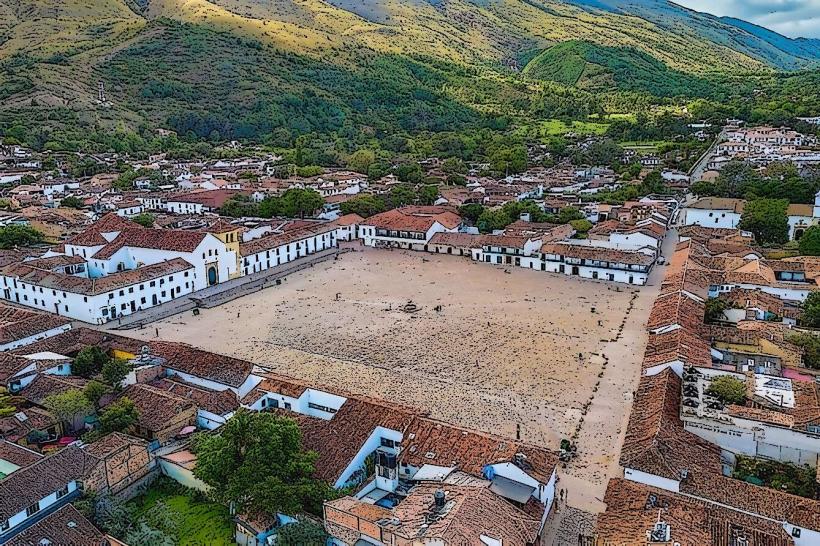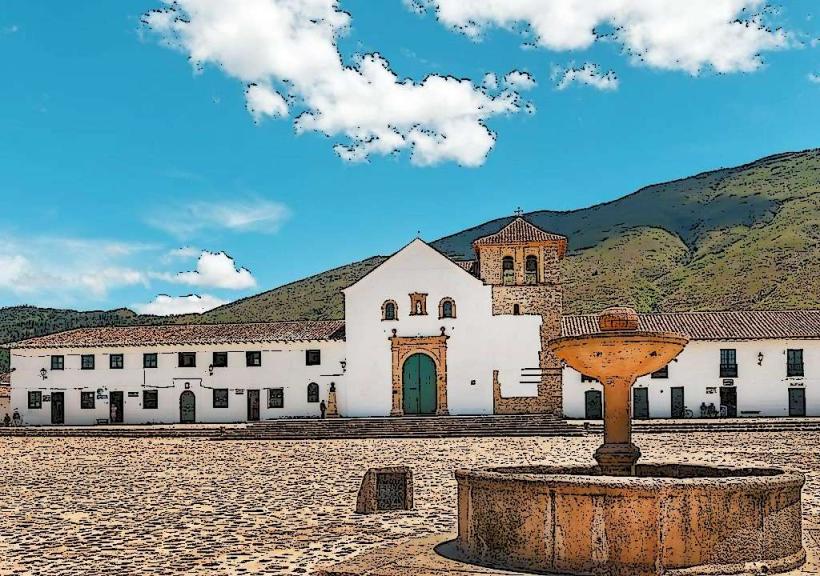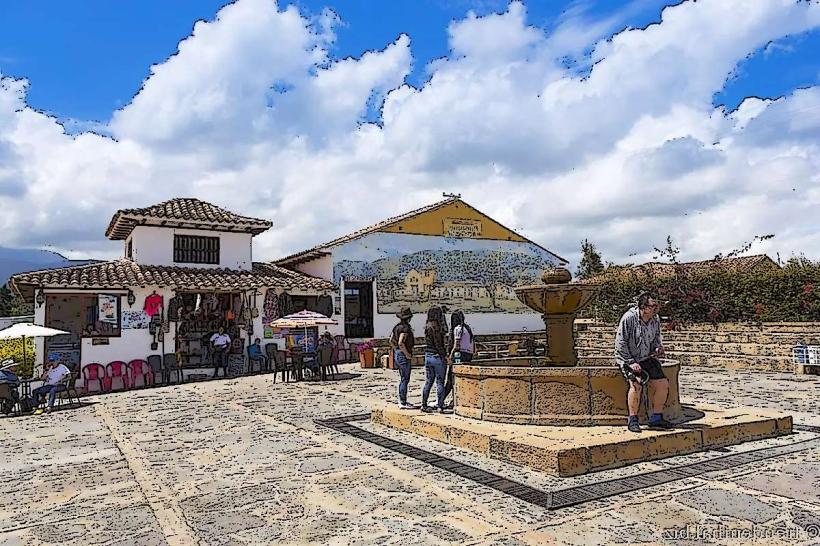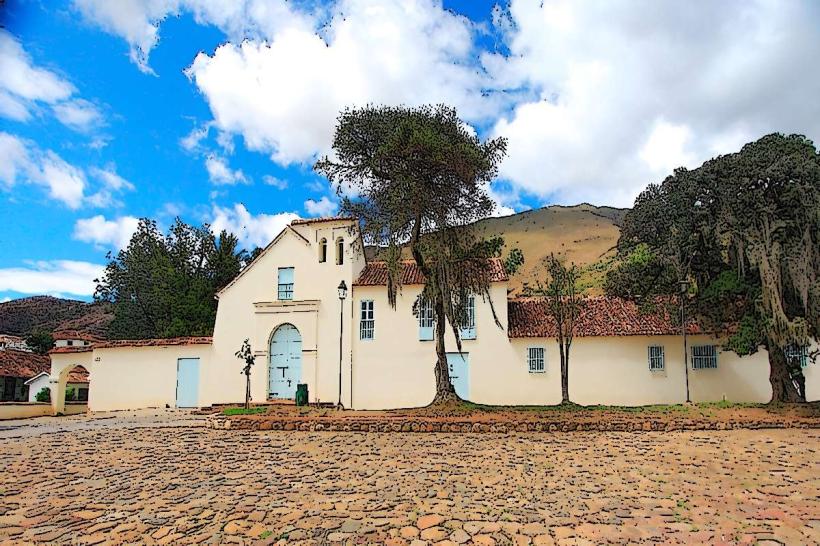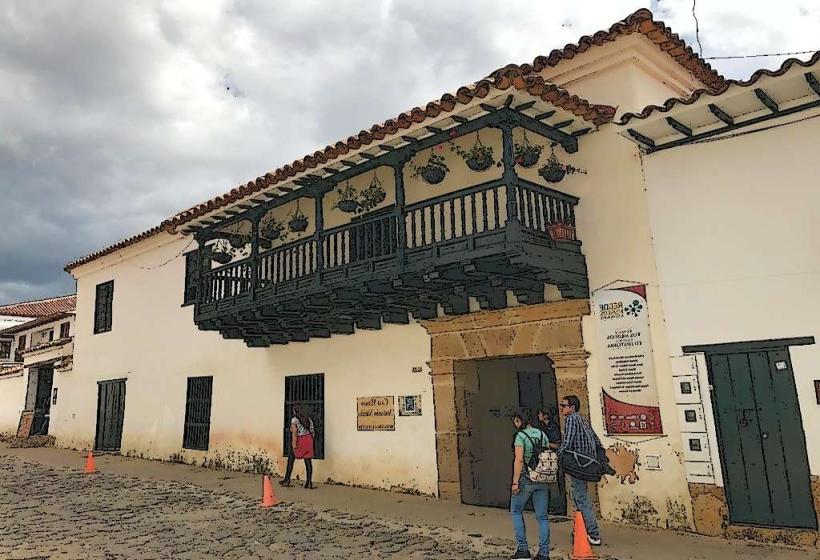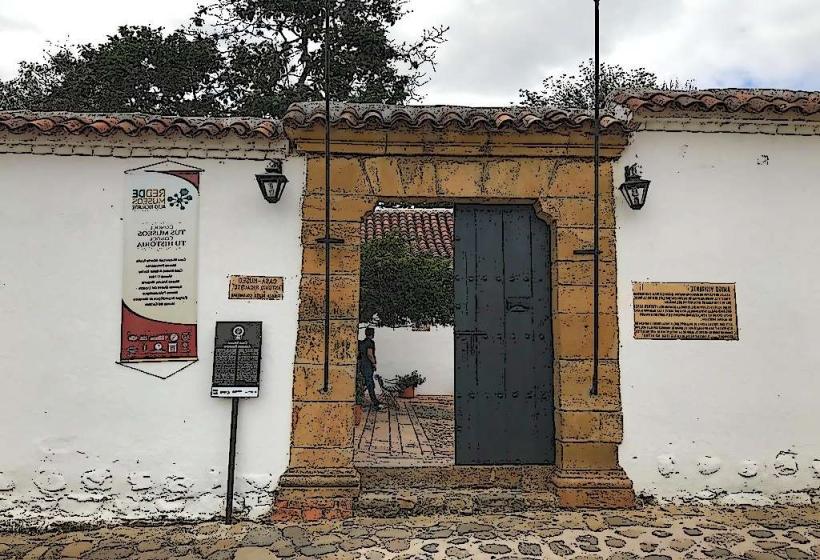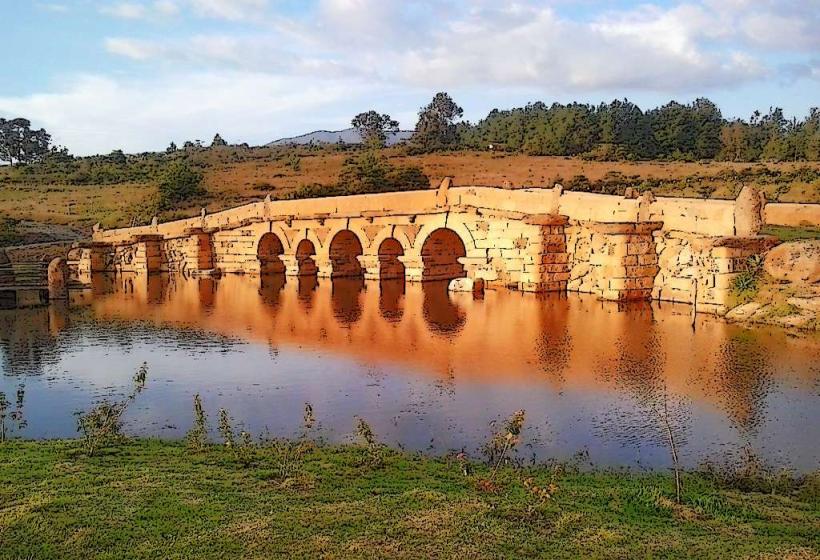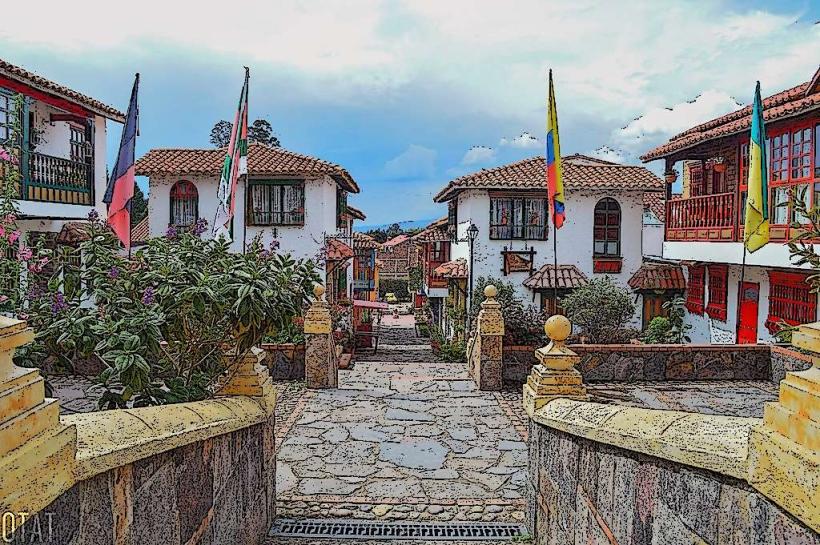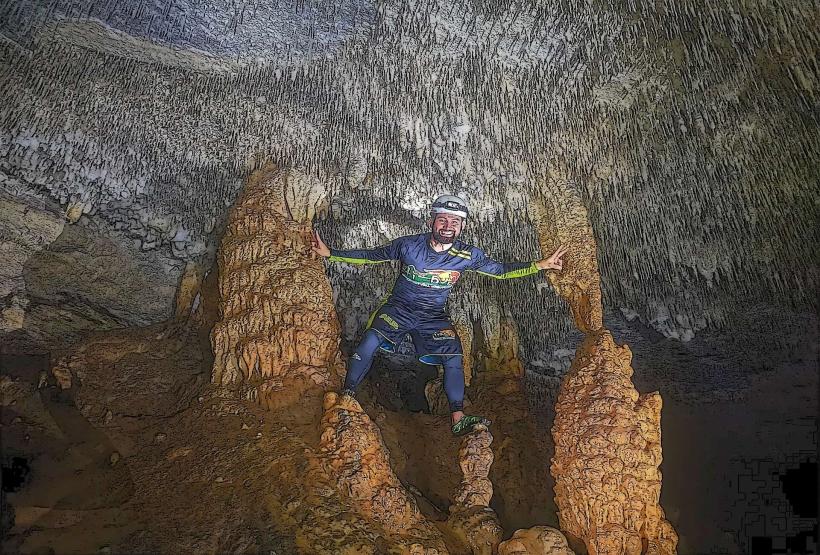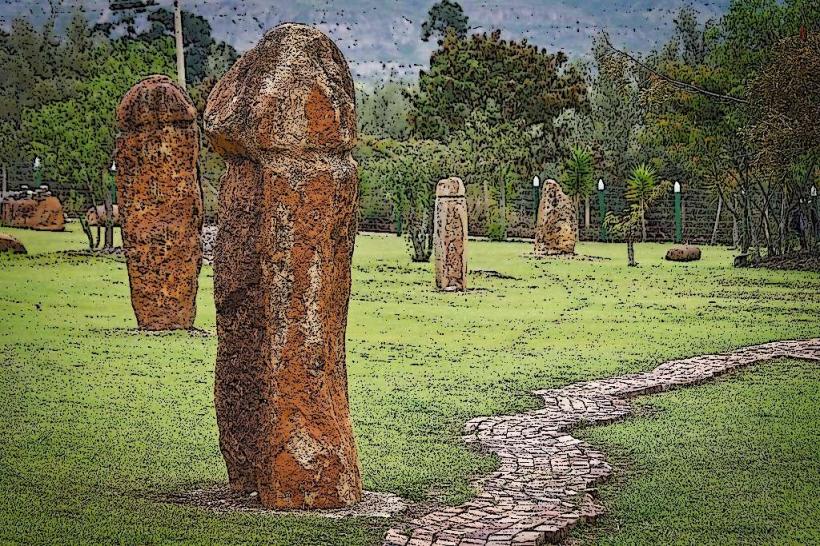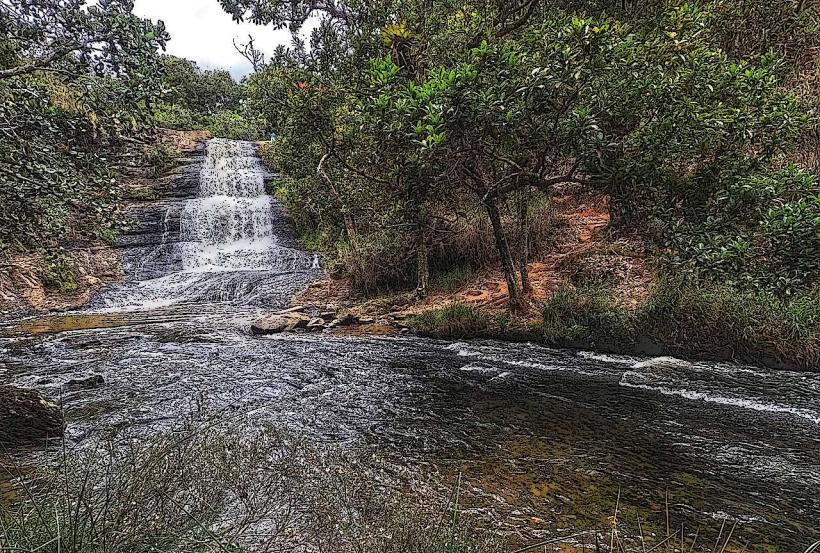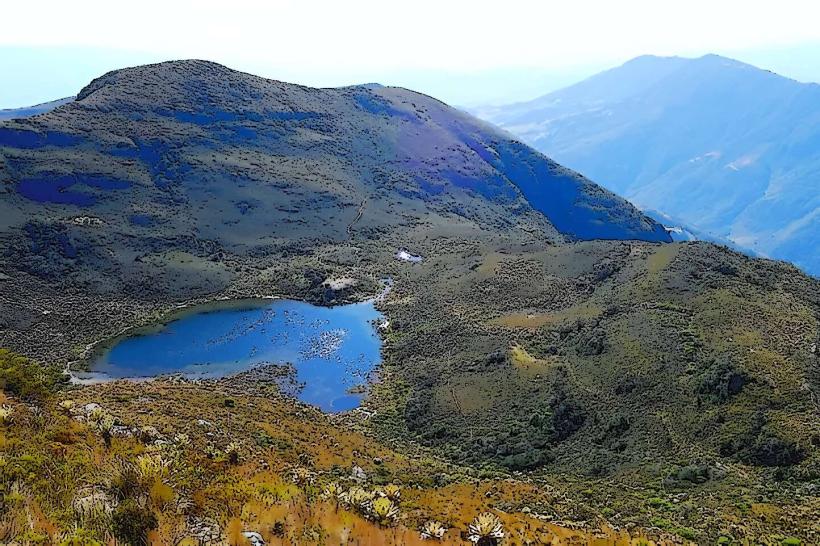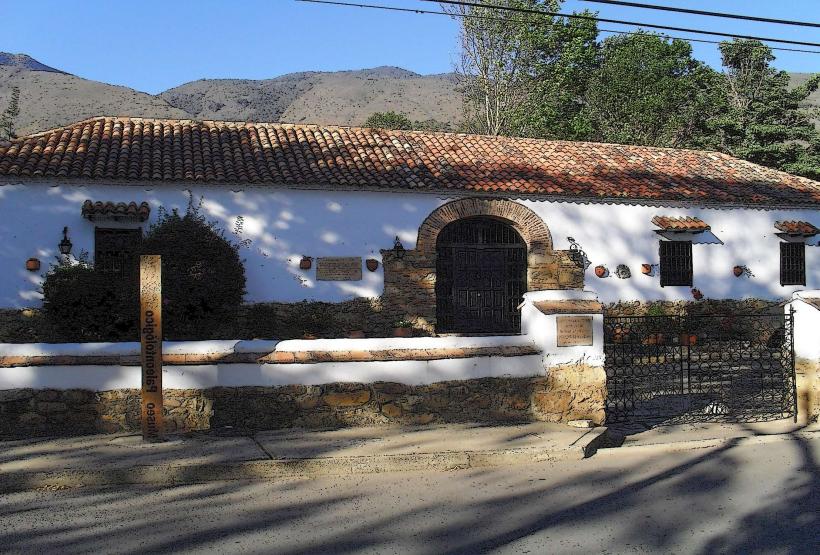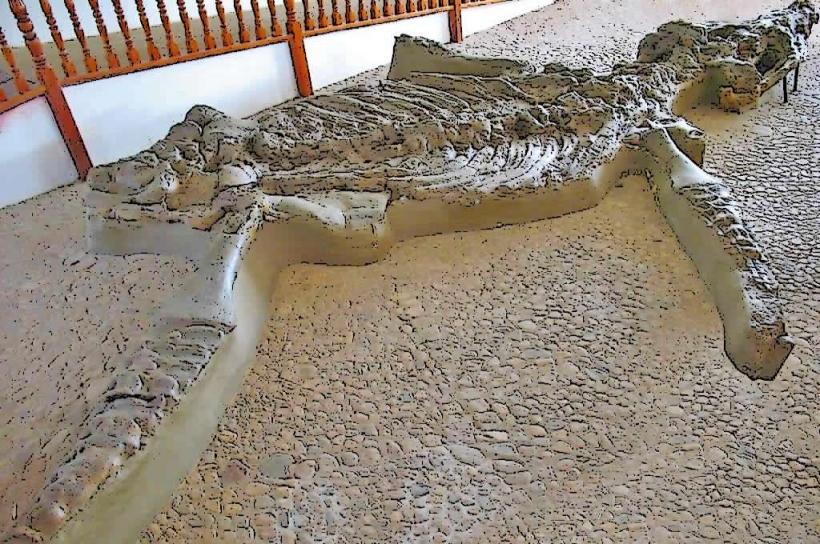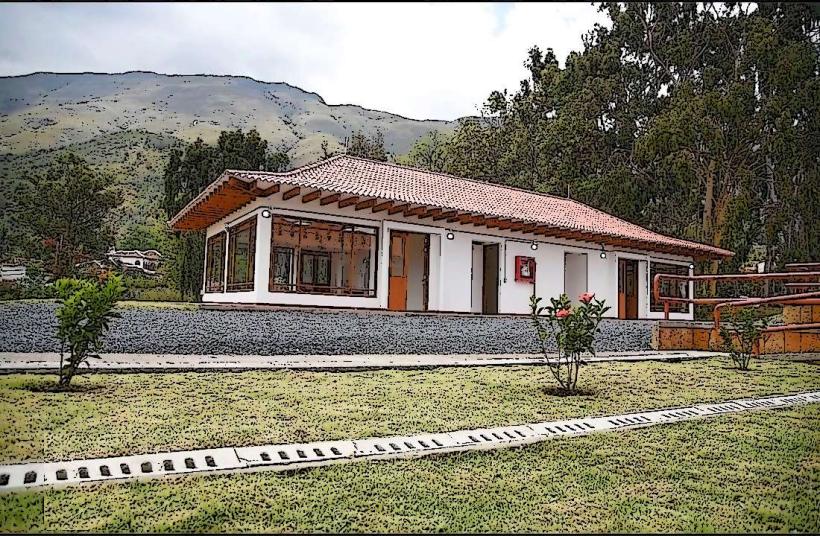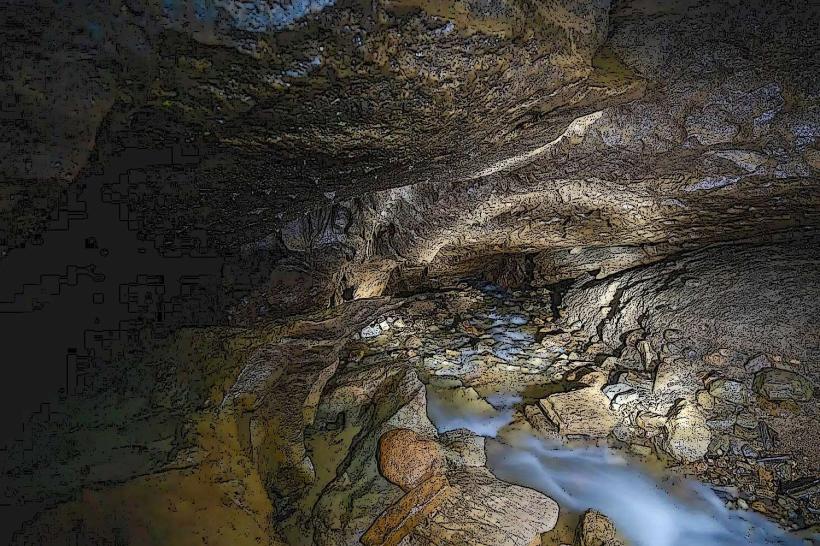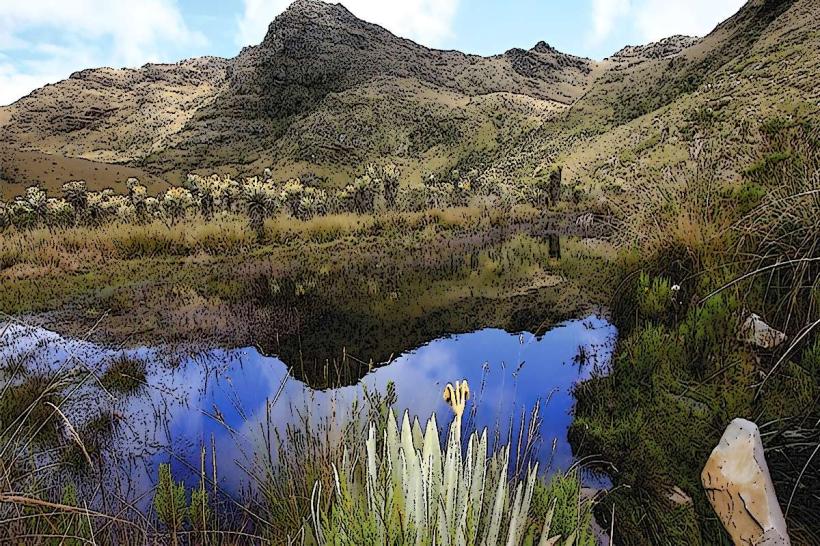Information
Landmark: Valle de los DinosauriosCity: Villa de Leyva
Country: Colombia
Continent: South America
Valle de los Dinosaurios, Villa de Leyva, Colombia, South America
The Valle de los Dinosaurios is a paleontological site located near Villa de Leyva, Colombia. It preserves fossilized dinosaur footprints from the Cretaceous period.
Visual Characteristics
The site consists of a large, flat expanse of sedimentary rock, primarily sandstone and mudstone. The surface is marked by numerous depressions and imprints, representing dinosaur tracks. The surrounding landscape is arid, with sparse vegetation typical of a dry tropical environment.
Location & Access Logistics
The Valle de los Dinosaurios is situated approximately 4 kilometers west of Villa de Leyva's central plaza. Access is via the paved road leading to the Monasterio Ecce Homo. Parking is available at designated areas near the site entrance. Public transport options directly to the site are limited; taxis or private vehicles are the primary means of access from Villa de Leyva.
Historical & Ecological Origin
The fossilized footprints date back to the Lower Cretaceous period, approximately 130 million years ago. The area was once a shallow marine environment or a river delta, where large dinosaurs, including sauropods and theropods, left their tracks in the soft sediment. These sediments were subsequently buried and lithified, preserving the imprints.
Key Highlights & Activities
Observation of dinosaur footprints is the primary activity. Visitors can walk along designated paths to view various track types and sizes. Educational signage provides information on the species that inhabited the region and the geological processes involved in fossilization.
Infrastructure & Amenities
Basic visitor facilities are present, including a small interpretive center with restrooms. Shade is limited to the interpretive center and a few strategically placed shelters. Cell phone signal (4G/5G) is generally available in the vicinity.
Best Time to Visit
The best time of day for viewing the footprints is during the early morning or late afternoon when the sun's angle creates shadows that enhance the visibility of the imprints. The dry season, from December to March and July to August, offers the most favorable weather conditions with minimal rainfall.
Facts & Legends
One of the largest and most well-preserved theropod footprints found at the site measures over 50 centimeters in length. Local folklore sometimes refers to the area as a place where ancient giants once roamed, though scientific evidence points to specific dinosaur species.
Nearby Landmarks
- Monasterio Ecce Homo (0.8km Northeast)
- Casa Terracota (2.5km Southwest)
- Pozos Azules (3.0km West)
- El Fósil (Museum) (4.0km Northeast)

